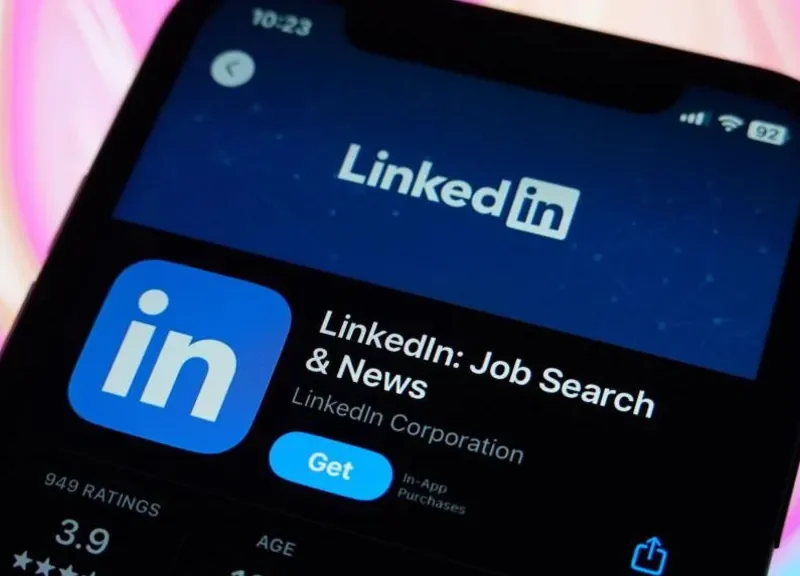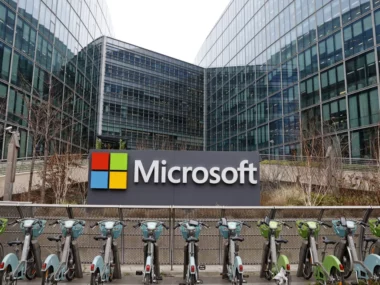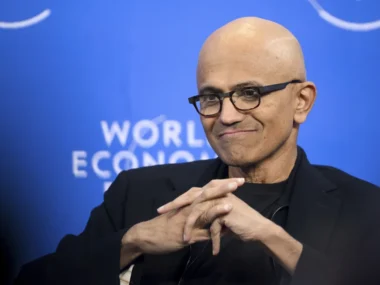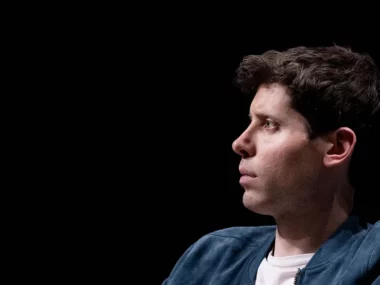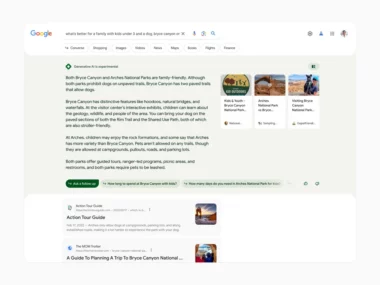LinkedIn has informed Australian lawmakers that its platform is too boring for kids to be included in a proposed social media ban for those under 16. The Microsoft-owned site argued in a submission to an Australian Senate committee that it lacks content appealing to minors.
The Australian government has announced plans to introduce “world-leading” legislation aimed at preventing children from accessing social media platforms. However, major companies behind popular platforms like Meta, Google, Snap Inc., and TikTok have challenged the proposed law in their submissions to lawmakers. Prime Minister Anthony Albanese stated the law was intended to protect Australian children from the harm caused by social media, emphasizing concerns from parents worried about online safety.
Other countries, including the UK, are closely monitoring Australia’s move and have expressed interest in potentially following suit.
The Senate’s Environment and Communications Legislation Committee gave a one-day window for public input on the bill, which seeks to amend the existing Online Safety Act. The committee’s report suggests the bill should proceed, provided its recommendations, such as involving young people in its implementation, are taken into account.
“Major concerns”
In their responses, major tech companies have expressed dissatisfaction with the proposed law.
Google, which owns YouTube, and Meta, the parent company of Instagram, have requested more time to review the legislation. Meta argued that the law, in its current form, would not effectively reduce the burden on parents to manage young people’s safety on social media. It also claimed the bill overlooks evidence from child safety and mental health experts, a concern shared by Snapchat in its submission.
X (formerly Twitter) raised questions about the legality of the proposed measures.
TikTok Australia stated it had “significant concerns” about the bill. The company noted that the bill’s success depends on an ongoing trial of age verification technologies to accurately check users’ ages. Ella Woods-Joyce, TikTok Australia’s director of public policy, wrote that the “rushed” passage of the bill could lead to unintended consequences.
LinkedIn, however, took a different stance, arguing that the platform is simply not appealing to children. It pointed out that its minimum age requirement is 16 and that it removes child accounts when found. By demonstrating that it should be exempt from the legislation, LinkedIn could avoid the costs and disruption of implementing additional age verification processes. The company argued that subjecting LinkedIn to the proposed regulations would create unnecessary barriers and costs for its Australian members.
Interest elsewhere
The Australian government has expressed its intention to pass the legislation before the parliamentary year concludes. However, experts argue that the bill’s tight timeline and current structure do not allow for sufficient review.
Carly Kind, the privacy commissioner, shared her concerns about the “widespread privacy implications of a social media ban” in a LinkedIn post following her appearance at a Senate hearing on Monday.
Lorraine Findlay, the human rights commissioner, criticized the one-day submission period for responses to the bill, describing it as “entirely inadequate” in a LinkedIn post on Thursday. “We need genuine consultation, not just a token effort,” she stated.
Despite these concerns, the Australian government’s actions have caught attention internationally.
In the UK, Technology Secretary Peter Kyle informed the BBC that similar legislation is “under consideration.” Meanwhile, France has already enacted a law requiring social media platforms to prevent access for children under 15 without parental consent, although research shows that nearly half of users bypass the restriction using a basic VPN.

